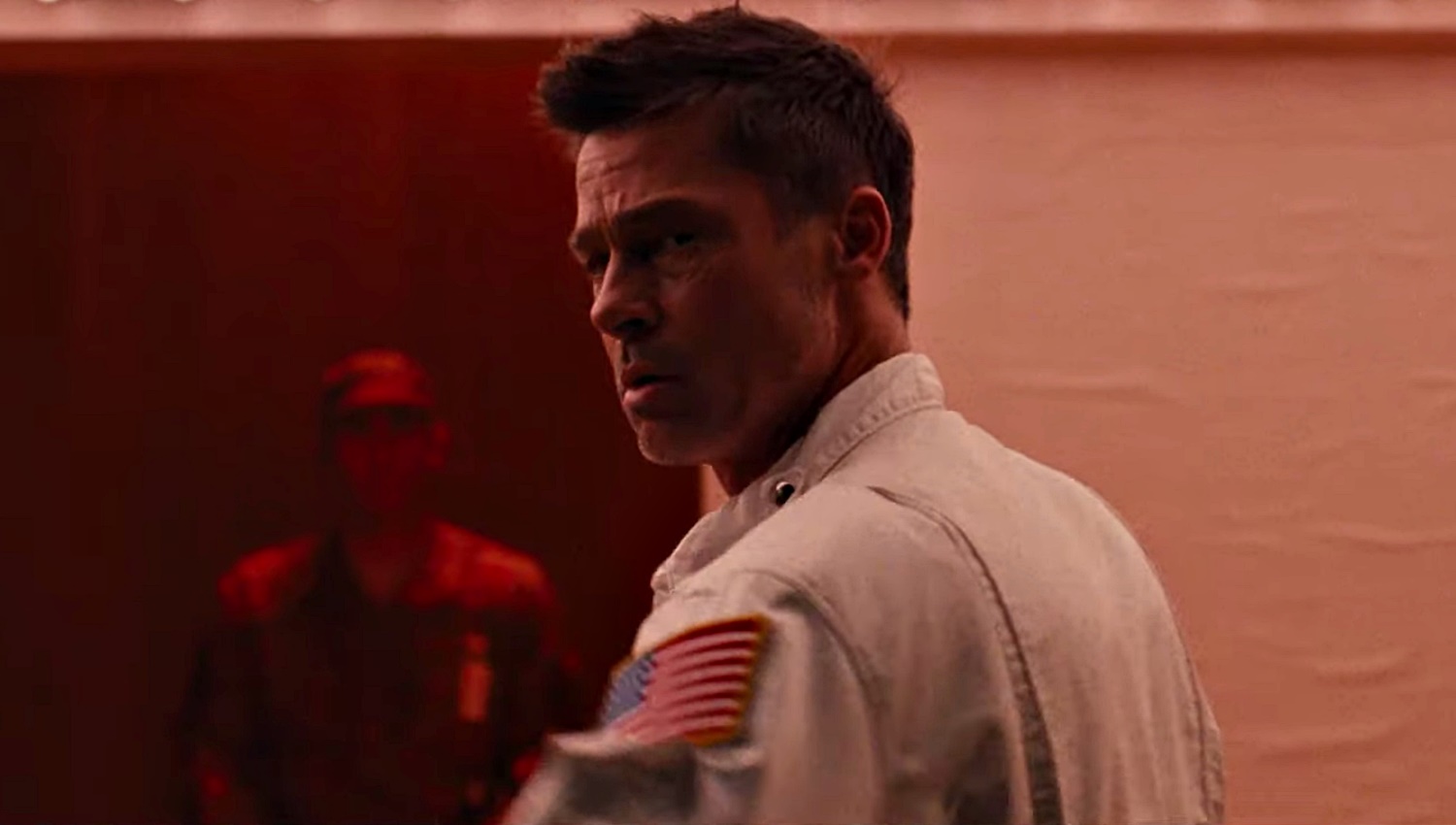
Ad Astra
Dustin Chase
James Grey is the director who almost makes a good movie. His transference from brain to screen is often a fascinating process, even when the final product leaves much to be desired. His previous The Lost City of Z was a stunning film, from presentation to concept, yet the narrative and editing to tell a story covering a lot of ground didn’t function as well as it should. Similar issues effected The Immigrant and We Own the Night. Ad Astra is more of a studio movie than what we typically see from Grey, or at least that’s how they are spinning it. It’s actually an intimate movie, focusing on one man’s internal struggle with the life he was born into. The journey Brad Pitt’s character takes externally looks nothing like the one Charlie Hunnam had, one in space, the other in the jungle. However, internally they are strikingly similar, both chasing the unknown at the cost of family and friendships.
It’s the near future and commercialized space travel allows citizen’s of earth to travel back and forth to the Moon with some ease. The Moon has a space port that looks like an international airport complete with Applebee’s and everything else you could want from Earth. Major Roy McBride (Pitt) has been selected by the United States Space Command to travel in secret from Earth to Moon, Moon to Mars, Mars to Neptune, in order to rendezvous with his father, only recently discovered might still be alive. H. Clifford McBride (Jones) is the iconic space hero who traveled farther than anyone, inspired half the astronauts in the program, but simultaneously abandoned a 16 year old boy back on earth for a mission. “I don’t know if I hope to find him or be free of him”.
The script is the most impressive aspect here, specifically the detail in which Grey and co-writer Ethan Gross visualize the future of space travel.
The script is the most impressive aspect here, specifically the detail in which Grey and co-writer Ethan Gross visualize the future of space travel. Grey has been quoted saying Ad Astra is “the most realistic depiction of space travel that’s been put in a movie.” That’s arguable, I’m sure NASA would have a lot to say with how Pitt’s character just moves from one rocket to another like he is on a layover at the Moon on his way to Mars. Still the brief time in which Roy navigates and comments on man’s ability to ruin everything, is more fascinating than the father/son stuff. Ad Astra runs at a swift two hours, constantly keeping the viewer engaged, even when it’s just Pitt on screen, in close ups, for the majority of the movie. A third hour would have been welcome, and the subplots are all there, including the open war happening over the Moons resources and open borders.
Max Richter’s musical score might be the most subtle ever used in a space adventure film. It’s quite fitting, present but never overpowering. Ad Astra and Intersteller might share the same cinematographer, but the two films are vastly different in objectives and scope. If Ad Astra has a similar counterpart is the always underrated and forgotten Gattaca, or perhaps what a film like Gattaca from 1997 could be in 2019. Grey’s realistic science fiction film doesn’t challenge us the way Christopher Nolan did with Interstellar. He doesn’t leave you contemplating your existence and once again relegates female characters to the side lines, despite having Tyler, Negga, Elise and Lisa Gay Hamilton sprinkled into bit parts. Ad Astra works because of creativity in the script and Pitt’s dedicated and emotional performance, allowing our interest in other aspects of the film, instead of its “find dad” adventure plot.
Final Thought
The more compelling aspects of Ad Astra are not always the obvious ones. An intimate space drama full of creativity and a grounded performance from Pitt keep the viewer quite engaged.
